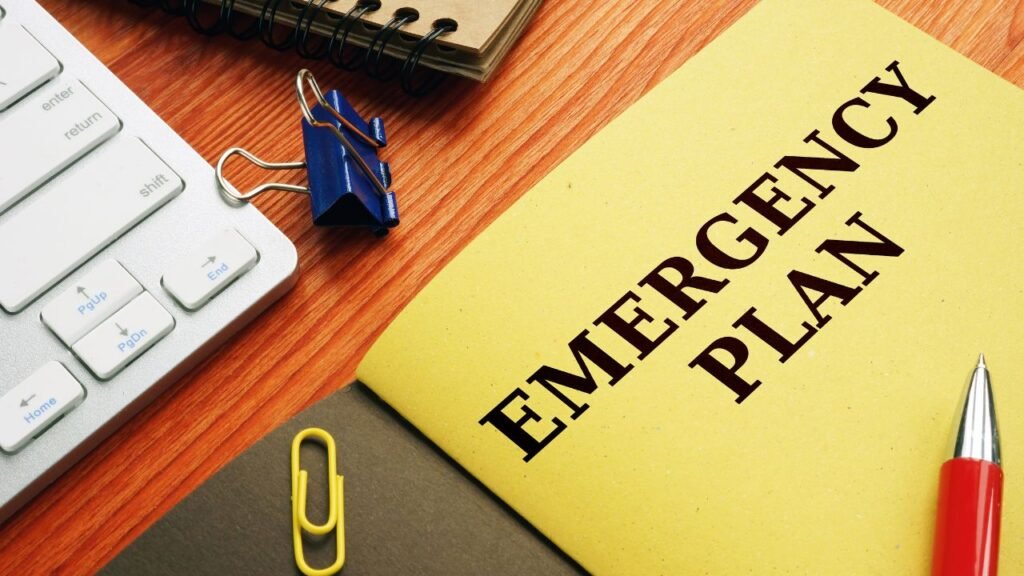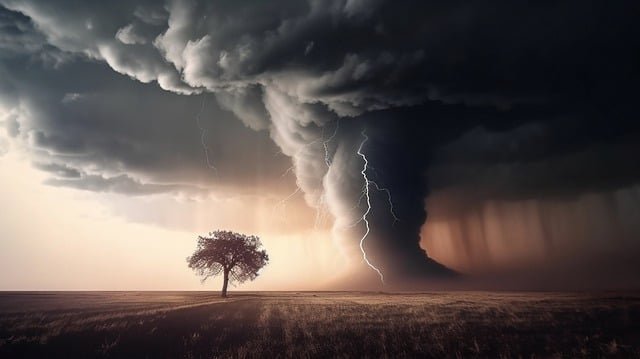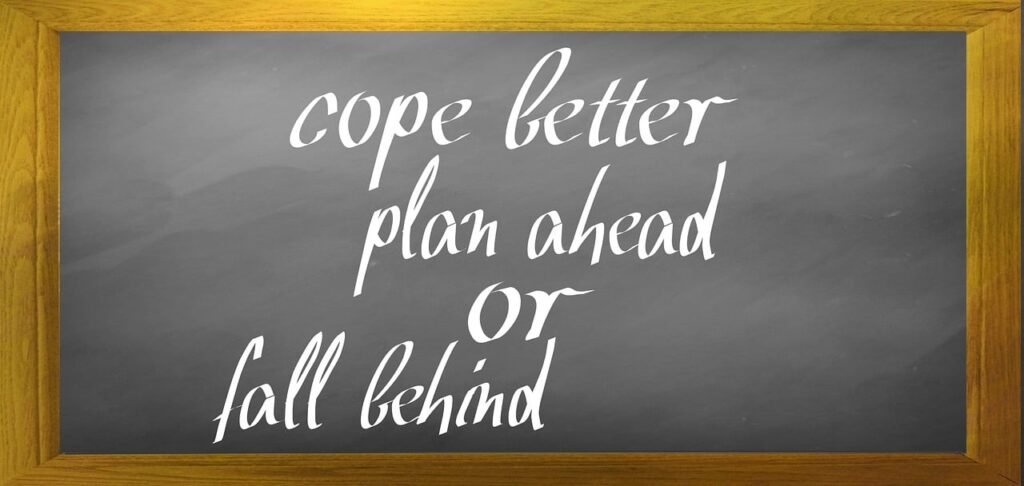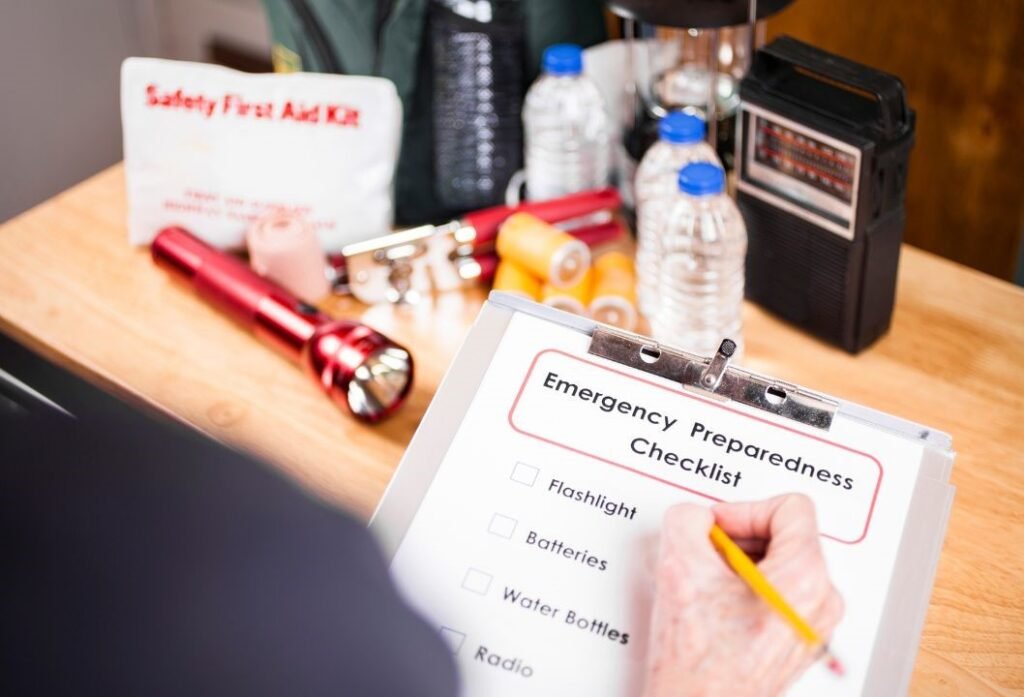In recent years, the concept of “prepping” has gained significant traction.
Far from being a niche interest, prepping is a practical approach to ensuring safety and self-sufficiency in the face of various emergencies.
This blog post delves into why prepping is important for everyone, highlighting its relevance in today’s unpredictable world.
Whether dealing with natural disasters, economic crises, or personal emergencies, being prepared can make all the difference.
Table of Contents
Understanding Prepping: A Comprehensive Overview
What is Prepping?
Prepping, short for “preparing,” involves taking proactive steps to equip oneself and one’s family for potential emergencies.
This can range from stocking up on essential supplies to developing skills that would be useful in a crisis.
The Evolution of Prepping
Historically, humans have always prepared for future uncertainties.
Ancient civilizations stored food and water for times of scarcity.
In modern times, prepping has evolved into a more organized and systematic practice, incorporating advancements in technology and knowledge.
Common Misconceptions about Prepping
Prepping is often misunderstood as an extreme or paranoid activity.
However, it is essentially about being responsible and self-reliant.
This section debunks common myths and highlights the practical benefits of prepping.
Why Prepping is Important: Key Reasons

Ensuring Safety and Security
The primary reason why prepping is important is that it ensures safety and security during emergencies.
By having a plan and the necessary supplies, individuals can protect themselves and their loved ones from harm.
Protecting Your Home
Prepping involves securing your home against various threats, such as natural disasters or burglaries.
Simple measures like installing sturdy locks, reinforcing windows, and having a home security system can significantly enhance safety.
Personal Safety
In addition to home security, personal safety is crucial.
This includes having self-defense skills, first aid knowledge, and the necessary tools to address immediate threats or injuries.
Enhancing Self-Sufficiency
Another compelling reason why prepping is important is that it promotes self-sufficiency.
In an emergency, access to basic services might be limited or unavailable.
Food and Water Supplies
Stocking up on non-perishable food items and clean water can sustain you through periods when regular supply chains are disrupted.
This preparation ensures you don’t have to rely solely on external aid.
Energy and Power
Having alternative energy sources, such as solar panels or generators, can keep essential devices and appliances running during power outages.
This independence is particularly crucial during extended blackouts.
Mitigating Financial Risks
Financial preparedness is a critical aspect of prepping.
Economic downturns, job losses, and unexpected expenses can occur at any time.
Being financially prepared helps mitigate these risks.
Emergency Funds
Creating an emergency fund with enough savings to cover several months of expenses can provide a safety net during tough times.
This financial cushion allows you to navigate through crises without falling into debt.
Insurance and Documentation
Having appropriate insurance coverage and keeping essential documents organized can streamline recovery after an emergency.
This preparation reduces stress and financial burden during challenging times.
Building Community Resilience
Prepping isn’t just about individual readiness; it also involves community preparedness. Strong, resilient communities can better withstand and recover from disasters.
Community Networks
Establishing connections with neighbors and local organizations can foster a sense of community and shared responsibility.
Collaborative efforts in disaster preparedness can enhance overall resilience.
Skills Sharing
Communities can benefit from sharing skills and resources.
Whether it’s gardening, carpentry, or first aid, diverse skills within a community can be invaluable during emergencies.
Practical Steps for Effective Prepping

Assessing Risks and Needs
The first step in effective prepping is to assess potential risks and your specific needs.
This assessment will guide your preparation efforts.
Identifying Local Hazards
Different regions face different threats.
Understanding the specific hazards in your area, such as earthquakes, hurricanes, or wildfires, can help tailor your preparedness plans.
Personal and Family Considerations
Each family has unique needs.
Consider factors like medical conditions, dietary requirements, and the number of dependents when planning your emergency supplies and strategies.
Creating a Comprehensive Plan
A well-thought-out plan is essential for effective prepping.
This plan should cover various scenarios and outline clear actions to take in each situation.
Emergency Communication
Establish a communication plan with your family.
Ensure everyone knows how to contact each other and where to meet if separated during an emergency.
Evacuation and Shelter
Identify safe evacuation routes and Bug Out locations (BOL).
Knowing where to go and how to get there quickly can save lives during a crisis.
Building and Maintaining Supplies
Stockpiling essential supplies is a core component of prepping.
Ensure you have enough to sustain you through extended periods of disruption.
Essential Supplies List
Create a checklist of essential items, including food, water, medical supplies, clothing, and tools.
Regularly update and rotate these supplies to keep them fresh and usable.
Specialized Kits
Consider creating specialized kits, such as a first aid kit, a Bug Out Bag (BOB) for quick evacuations, and a car emergency kit.
Each kit should be tailored to specific needs and scenarios.
Developing Skills and Knowledge
Knowledge and skills are as important as physical supplies.
Being able to perform essential tasks during an emergency can significantly improve outcomes.
First Aid and Medical Training
Basic first aid and CPR training can be lifesaving.
Consider taking advanced courses to handle more complex medical situations.
Survival Skills
Learn practical survival skills, such as fire-making, water purification, and foraging.
These skills can be invaluable in situations where regular amenities are unavailable.
Regular Review and Practice
Prepping is an ongoing process.
Regularly reviewing and practicing your emergency plans ensures that you and your family are ready when the time comes.
Drills and Simulations
Conduct regular drills to practice your emergency procedures.
These exercises can highlight potential weaknesses in your plan and help you refine your strategies.
Plan Updates
Life circumstances and potential risks can change over time.
Periodically review and update your emergency plans and supplies to ensure they remain relevant and effective.
Real-Life Examples of Prepping in Action

Natural Disasters
Natural disasters, such as hurricanes, earthquakes, and floods, are prime examples of why prepping is important.
Prepared individuals and communities can better withstand the impact and recover more quickly.
Case Study: Hurricane Katrina
The devastation caused by Hurricane Katrina in 2005 highlighted the importance of disaster preparedness.
Those who had emergency plans and supplies were better equipped to handle the aftermath.
Economic Crises
Economic instability can happen unexpectedly, making financial preparedness crucial.
Historical economic crises have shown how essential it is to have a financial safety net.
The 2008 Financial Crisis
During the 2008 financial crisis, many people lost their jobs and homes.
Those who had emergency funds and diversified investments fared better than those who did not.
Personal Emergencies
Prepping also extends to personal emergencies, such as health issues or accidents.
Being prepared for these situations can alleviate stress and facilitate quicker recovery.
Medical Emergencies
Having a well-stocked first aid kit and knowledge of basic medical procedures can make a significant difference during a medical emergency.
Addressing Common Objections to Prepping

Prepping is Too Expensive
While some aspects of prepping can be costly, many preparations can be done on a budget.
Prioritizing essential items and gradually building your supplies can make prepping affordable.
Prepping is Time-Consuming
Prepping does require time and effort, but the benefits far outweigh the investment.
Breaking down tasks into manageable steps can make the process more feasible.
I Don’t Know Where to Start
For beginners, the vast amount of information on prepping can be overwhelming.
Starting with basic steps, such as creating a plan and gradually building supplies, can make the process more approachable.
The Psychological Benefits of Prepping

Peace of Mind
Knowing that you are prepared for various scenarios can provide significant peace of mind.
This sense of security can reduce anxiety and improve overall well-being.
Empowerment
Prepping empowers individuals and families by giving them control over their safety and well-being.
This empowerment can foster a proactive and resilient mindset.
Building Confidence
As you develop skills and gather supplies, your confidence in handling emergencies grows.
This confidence can be a crucial asset during actual crises.
The Future of Prepping

Technological Advancements
Technology is continuously evolving, providing new tools and resources for prepping.
Innovations such as smart home devices, advanced medical kits, and renewable energy solutions can enhance preparedness efforts.
Increased Awareness
As awareness of potential threats grows, more people are recognizing the importance of prepping.
This increased awareness can lead to more widespread adoption of preparedness practices.
Community-Based Prepping
Future trends in prepping may focus more on community-based efforts.
Collaborative preparedness can strengthen community resilience and foster a culture of mutual support.
Conclusion
Prepping is not just for survivalists or those expecting the apocalypse; it is a practical approach to managing life’s uncertainties.
By understanding why prepping is important, individuals can take proactive steps to ensure their safety, self-sufficiency, and resilience.
Whether dealing with natural disasters, economic challenges, or personal emergencies, being prepared can provide peace of mind and significantly improve outcomes.
Embrace prepping as a responsible and empowering practice that benefits everyone.
Frequently Asked Questions
Why is it important to stay prepared?
Staying prepared is important because it ensures you can handle unexpected emergencies or disruptions effectively, maintain safety for yourself and loved ones, and have the resources needed to survive without relying solely on external assistance.
What is the first rule of prepping?
The first rule of prepping is to prioritize and ensure you have an adequate supply of water, as it is essential for survival in any emergency or disaster situation.
Why should we be prepping?
Prepping is important because it allows individuals and families to anticipate and mitigate potential risks, ensuring they can sustain themselves during emergencies or disasters when normal infrastructure and support systems may be compromised.
What is the preppers rule of 3?
The prepper’s rule of 3 outlines priorities for survival:
You can survive approximately 3 minutes without oxygen.
You can survive approximately 3 hours without shelter (in extreme conditions).
You can survive approximately 3 days without water.
You can survive approximately 3 weeks without food.
These guidelines emphasize the critical importance of oxygen, shelter, water, and food in survival situations.
What is the number one prepper item?
The number one prepper item often cited is water. It’s crucial for hydration, cooking, sanitation, and overall survival, making it indispensable in emergency preparedness plans.

